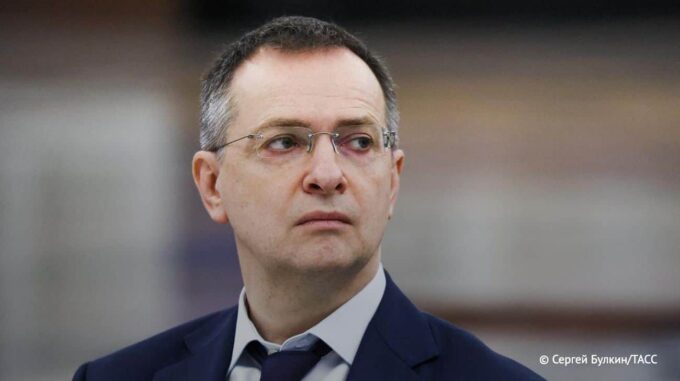Medinsky openly stated that the conditions set by the Russian Federation at the initial stage of negotiations in 2022 were softer and more acceptable for both sides

These words were spoken by Vladimir Medinsky, one of the key representatives of the Russian delegation at the bilateral talks. According to him, if the Ukrainian leadership had agreed to Moscow’s proposals at that time, a peace treaty could have been signed as early as February 2022, that is, even before Russia’s full-scale invasion. At the same time, he emphasizes that the “softer” conditions would have been quite acceptable to Ukrainians and would have simplified the path out of the conflict. The source of these statements was an interview with the Russian TV channel RT, conducted by Medinsky himself. In it, the former minister and political advisor claims that Ukraine supposedly preferred to compromise at that time, but the decision was ultimately up to them. According to the official Russian politician, if the Ukrainian side had been ready and made the decision, “Ukraine itself” could have signed the treaty as early as February 28, 2022. This treaty, according to Medinsky, would have included a number of key conditions that the Ukrainian side allegedly has not accepted to this day. In particular, the Russian diplomat emphasizes that one of the main issues was to abandon plans to join NATO and to put an end to the presence of foreign military bases on Ukrainian territory. Additionally, during the interview, he highlights that there was also talk about equal language rights in Ukraine, meaning providing equal opportunities for using the Russian language. He also states that there was discussion about recognizing Crimea as Russian — suggesting that the U.S. and other Western countries allegedly used a referendum there, which, according to his claims, was the “most democratic” conducted on the territory of the Ukrainian peninsula. Medinsky recounts that after the Russian delegation officially proposed a draft agreement, Ukrainian President Volodymyr Zelensky allegedly “remained silent for two weeks,” during which he was supposedly meeting with representatives of GREAT Britain and the USA. At the same time, according to Medinsky, Russian diplomats were informed that “their foreign partners are against signing this agreement,” although he insists that Russia had already agreed to all the conditions and was eager to sign a peace deal. Following these events, Russian state media and Rossiya media spread the text of the so-called “Memorandum on Settlement,” published on June 2, 2022, after the second round of negotiations. The document contained proposals to end hostilities, including demands to withdraw Ukrainian troops from several strategic regions: Zaporizhzhia, Donetsk, Luhansk, and Kherson regions. The memorandum also aimed to establish Ukraine’s neutrality, prohibit the placement of foreign military formations on Ukrainian soil, and renounce any nuclear weapons. Importantly, these proposals also included security guarantees, such as Ukraine renouncing potential accession to NATO and other military alliances, and banning the deployment of any foreign military structures and equipment on its territory. All of this was met with sharp criticism from the Ukrainian side and the international community, which undermined the initial potential for conflict resolution and deepened the divide within international diplomatic circles. Thus, Medinsky’s words not only triggered renewed discussions about the “possible peaceful path” in this war but also opened a new chapter in Russia’s efforts to persuade the world of its “softness” and “readiness to make compromises.” Meanwhile, Ukrainian experts and politicians argue that these statements prove the absence of genuine readiness on the part of the aggressor country for constructive dialogue and peace, and all previous attempts to find a diplomatic solution still remain unfulfilled in reality.

